The public nomination period for the 2023 Breakthrough Prizes in Fundamental Physics, Life Sciences and Mathematics is now open. Nominations can be submitted online today through April 1, 2022. While self-nominations are prohibited, anyone may nominate another person. The nomination forms and rules are available at breakthroughprize.org.
For the 11th year, the Breakthrough Prize, recognized as the world’s largest science prize, will honor top scientists, handing out three prizes in Life Sciences, one in Fundamental Physics and one in Mathematics. Each prize comes with a $3 million award. In addition, six New Horizons Prizes, each for $100,000, will be available to promising early-career researchers in the fields of Physics and Mathematics. Nominations will also be taken for the Maryam Mirzakhani New Frontiers Prize, an annual $50,000 award presented to early-career women mathematicians who have completed their PhDs within the previous two years.
The Breakthrough Prize, dubbed ‘The Oscars of Science,’ hosts an annual live, globally televised gala awards ceremony to celebrate the laureates’ achievements and to foster broad popular support for scientific endeavors and inspire the next generation of scientists. Due to the pandemic, the ceremonies to honor the 2021 and 2022 laureates were postponed. The next ceremony is scheduled for late 2022. The cohort of 2022 laureates was announced in September 2021.
For the sixth year, the Breakthrough Prize will partner with two prestigious institutions – the European Federation of Academies of Sciences and Humanities (ALLEA) and ResearchGate – to directly engage with researchers and the science community.
ALLEA brings together more than 50 academies from over 40 countries, with members leading scholarly enquiry across all fields of the natural sciences, social sciences, and humanities.
ResearchGate is the professional network for researchers. Over 20 million researchers use researchgate.net to share and discover research, build their networks, and advance their careers. Based in Berlin, ResearchGate was founded in 2008. Its mission is to connect the world of science and make research open to all. ResearchGate members are encouraged to nominate their peers for the 2023 prizes in Fundamental Physics, Life Sciences, and Mathematics.
Selection Committees are composed of previous Breakthrough Prize laureates, who select the winners from the list of candidates generated during the nomination period.
New Chair of Breakthrough Prize in Life Sciences
Meanwhile, after eight years of exceptional leadership, Cori Bargmann is stepping down as Chair of the Breakthrough Prize in Life Sciences. One of the inaugural winners of the Prize in 2013, Bargmann has played a pivotal role in its establishment and development. She is succeeded by Huda Yahya Zoghbi, winner of the Prize in 2017 and Founding Director of the Jan and Dan Duncan Neurological Research Institute in Houston.
Breakthrough Prize in Fundamental Physics
One 2023 Breakthrough Prize in Fundamental Physics ($3 million) will recognize an individual or individuals who have made profound contributions to human knowledge. It is open to all physicists – theoretical and experimental – working on the deepest mysteries of the Universe. The prize can be shared among any number of scientists. Nominations are also open for the New Horizons in Physics Prize, which will include up to three $100,000 awards for early-career researchers who have already produced important work in their fields.
The Selection Committee for the 2023 physics prizes includes: Eric Adelberger, Nima Arkani-Hamed, Jocelyn Bell Burnell, Charles Bennett, Sheperd Doeleman, Michael Green, Jens Gundlach, Alan Guth, Blayne Heckel, Joseph Incandela, Charles Kane, Hidetoshi Katori, Alexei Kitaev, Andrei Linde, Arthur McDonald, Juan Maldacena, Eugene Mele, Lyman Page, Saul Perlmutter, Alexander Polyakov, Adam Riess, John Schwarz, Nathan Seiberg, Ashoke Sen, Eva Silverstein, David Spergel, Andrew Strominger, Kip Thorne, Cumrun Vafa, Ewine F. van Dishoeck, Yifang Wang, Rainer Weiss, Edward Witten, and Jun Ye.
Breakthrough Prize in Life Sciences
Three 2023 Breakthrough Prizes in Life Sciences ($3 million each) will be awarded to individuals who have made transformative advances in understanding living systems and extending human life. One of the prizes is designated for work contributing to the understanding of Parkinson’s disease or other neurodegenerative disorders.
The Selection Committee for the 2023 Breakthrough Prize in Life Sciences includes: David Allis, James Allison, Victor Ambros, David Baker, Shankar Balasubramanian, Cornelia I. Bargmann, Alim Louis Benabid, Frank Bennett, David Botstein, Edward Boyden, Lewis Cantley, Emmanuelle Charpentier, Zhijian “James” Chen, Joanne Chory, Don Cleveland, Hans Clevers, Karl Deisseroth, Titia de Lange, Mahlon DeLong, Jennifer Doudna, Catherine Dulac, Stephen Elledge, Napoleone Ferrara, Jeffrey Friedman, Michael Hall, John Hardy, Ulrich Hartl, Helen Hobbs, Arthur Horwich, David Julius, Katalin Karikó, Jeffery W. Kelly, David Klenerman, Adrian Krainer, Eric Lander, Robert Langer, Virginia Lee, Richard Lifton, Dennis Lo, Pascal Mayer, Kazutoshi Mori, Kim Nasmyth, Harry Noller, Roeland Nusse, Yoshinori Ohsumi, Svante Pääbo, Gary Ruvkun, Charles Sawyers, Alexander Varshavsky, Bert Vogelstein, Peter Walter, Robert Weinberg, Drew Weissman, Shinya Yamanaka, Richard Youle, Xiaowei Zhuang, and Huda Zoghbi.
Breakthrough Prize in Mathematics
One 2023 Breakthrough Prize in Mathematics ($3 million) will be awarded to an individual who has made outstanding contributions to the field of mathematics. Nominations are also open for the New Horizons in Mathematics Prize, which will include up to three $100,000 awards for early-career researchers who have already produced important work in their fields. In addition, up to three $50,000 Maryam Mirzakhani New Frontiers Prizes will be presented to early-career women mathematicians who have completed their PhDs within the previous two years (2019, 2020).
The Selection Committee for the 2023 mathematics prizes includes: Ian Agol, Alex Eskin, Simon Donaldson, Martin Hairer, Maxim Kontsevich, Christopher Hacon, Vincent Lafforgue, Jacob Lurie, James McKernan, Takuro Mochizuki, Terence Tao, and Richard Taylor.
Information on the Breakthrough Prizes is available at breakthroughprize.org.


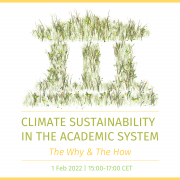




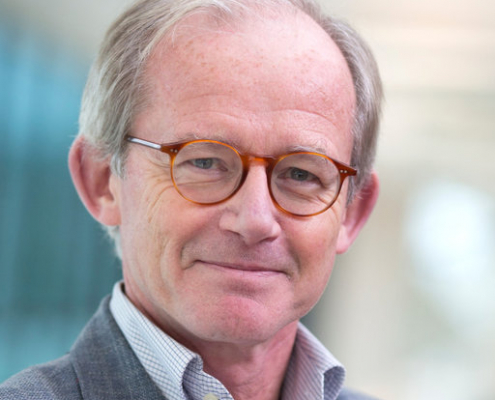


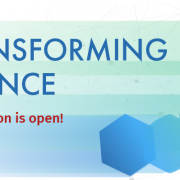
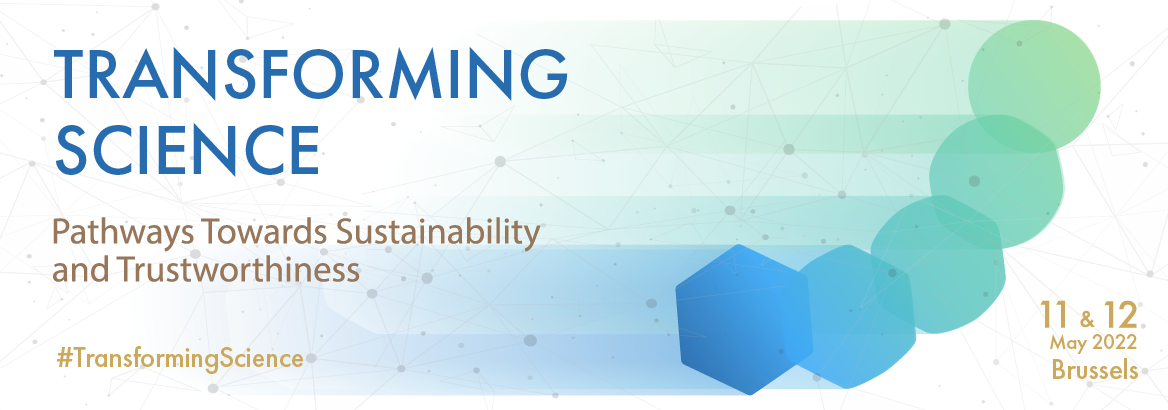
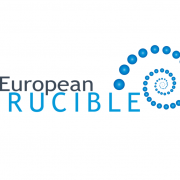






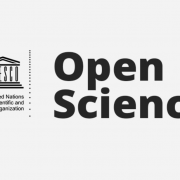

 The aim of the UNESCO Recommendation is to provide an international framework for open science policy and practice that recognises disciplinary and regional differences in open science perspectives, takes into account academic freedom, gender-transformative approaches and the specific challenges of scientists and other open science actors in different countries and in particular in developing countries, and contributes to reducing the digital, technological and knowledge divides existing between and within countries.
The aim of the UNESCO Recommendation is to provide an international framework for open science policy and practice that recognises disciplinary and regional differences in open science perspectives, takes into account academic freedom, gender-transformative approaches and the specific challenges of scientists and other open science actors in different countries and in particular in developing countries, and contributes to reducing the digital, technological and knowledge divides existing between and within countries.